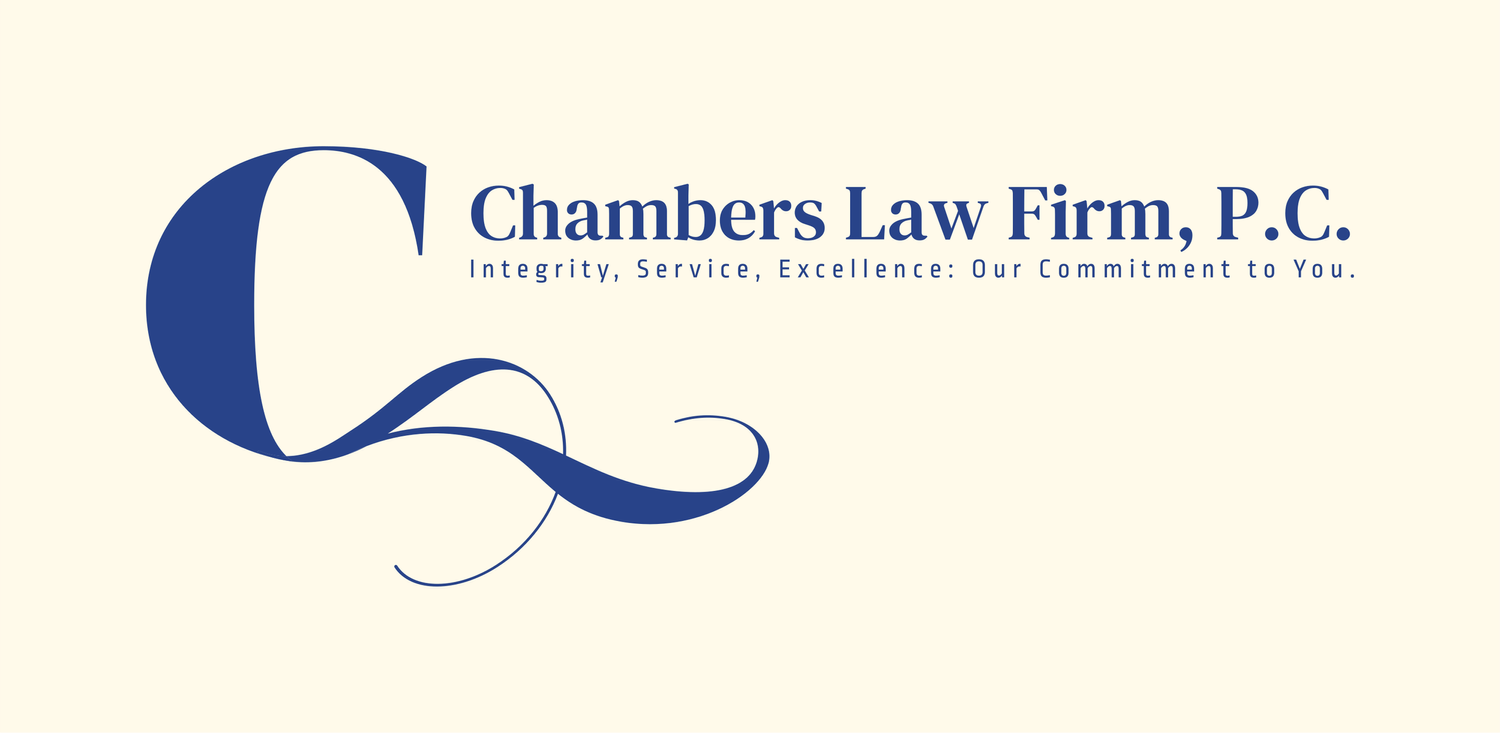To speak to an experienced student loan attorney, fill out this intake form and a member of our office will reach out to you to schedule a free consultation. You can also call us directly.
Student Loans - Discharging student loans, whether private or federal, in bankruptcy can be very challenging due to the strict requirements imposed by the bankruptcy code. Generally, student loans are not dischargeable in bankruptcy unless the borrower can prove that repaying the loans would impose an undue hardship on them or their dependents. However, the criteria for demonstrating undue hardship can vary depending on the jurisdiction. Here are the general steps you can take if you're considering trying to discharge student loans through bankruptcy:
a. Consult with a Bankruptcy Attorney: Given the complexity and difficulty of discharging student loans, it's crucial to seek advice from a qualified bankruptcy attorney who has experience with student loan cases. They can evaluate your situation and provide guidance on the best course of action.
b. File for Bankruptcy: You'll need to file for bankruptcy through the appropriate legal channels. There are different types of bankruptcy, such as Chapter 7 and Chapter 13, each with its own rules and procedures.
c. Initiate an Adversary Proceeding: If you believe you meet the criteria for undue hardship, you or your attorney will need to file an adversary proceeding within your bankruptcy case specifically to address the dischargeability of your student loans. This initiates a separate legal process within the bankruptcy case.
d. Demonstrate Undue Hardship: To have your student loans discharged, you must demonstrate to the bankruptcy court that repaying the loans would impose an undue hardship on you or your dependents. This usually involves proving that you cannot maintain a minimal standard of living while repaying the loans, that your financial situation is unlikely to improve significantly in the future, and that you have made a good-faith effort to repay the loans.
e. Provide Evidence: You'll need to provide evidence to support your claim of undue hardship. This may include documentation of your income, expenses, assets, debts, medical conditions (if applicable), and any other relevant factors that impact your ability to repay the loans.
f. Attend Hearings: You may need to attend hearings as part of the adversary proceeding to present your case to the bankruptcy judge. The lender or loan servicer may also present their arguments against discharging the loans.
g. Receive a Decision: The bankruptcy judge will ultimately decide whether to discharge your student loans through information gathered during an evidentiary adversary proceeding or gleaned through a stipulation between the Department of Education and you.
In November 2022, the Department of Justice provided guidelines, which has helped over 630 student loan borrowers receive a full or partial discharge of their federal student loans. Attorney Timothy Chambers has received international and national recognition for his work in assisting his clients obtain relief by strategically utilizing the 2022 guidelines.
On April 15, 2024, President Biden announced a series of at least 5 new programs targeted to help student loan borrowers receive debt relief and possible cancellation of their federal student loans. These new plans will likely help more than 31 million Americans. The first plan focuses to cancelling runaway interest for low and middle-income borrowers. The second plan automatically cancels student loans for those borrowers who are eligible for public service loan forgiveness, closed school loan discharge, or other administrative forgiveness programs. The third programs will cancel student loans for borrowers who have been in a repayment status for 20 to 25 years, depending on the level of education they reached. The fourth program seeks to cancel student loan debt for borrowers who were enrolled in low-financial-value programs whereby they are in no better a position than someone with a high school diploma. Lastly, the Biden Administration announced plans for people experience an economic “hardship.” Although, it remains unknown as to what will constitute an economic hardship pursuant to this new program.
If you're not eligible for a full or partial discharge in bankruptcy, we are still able to help! Our team will review your options to see whether you qualify to significantly lower your student loan payments through an income driven repayment plan or by analyzing whether you qualify for an administrative discharge under a teacher loan forgiveness discharge, a public student loan forgiveness (PSLF), a closed school loan discharge, a total and permanent disability discharge, or death of the borrower.
Why Choose Us?
At Chambers Law Firm, P.C. we specialize in helping individuals like you find relief from overwhelming student loan debt. Here's why you should choose us:
Expertise: Our team of experienced attorneys specializes in bankruptcy and student loan discharge cases. Our managing attorney, Timothy Chambers, has been nationally and internationally recognized by publications for his work in discharging student loan debt.
Personalized Approach: We understand that every situation is unique. That's why we take the time to listen to your story and tailor our solutions to meet your specific needs.
Compassionate Support: Dealing with student loan debt can be incredibly stressful. We're here to provide you with the support and guidance you need every step of the way.
Contact Us Today
Ready to take the first step toward financial freedom? Contact us today to schedule a consultation with one of our experienced attorneys. Together, we'll explore your options and develop a strategy to help you discharge your federal and private student loans in bankruptcy. Don't let student loan debt hold you back any longer—let us help you find a way forward.


